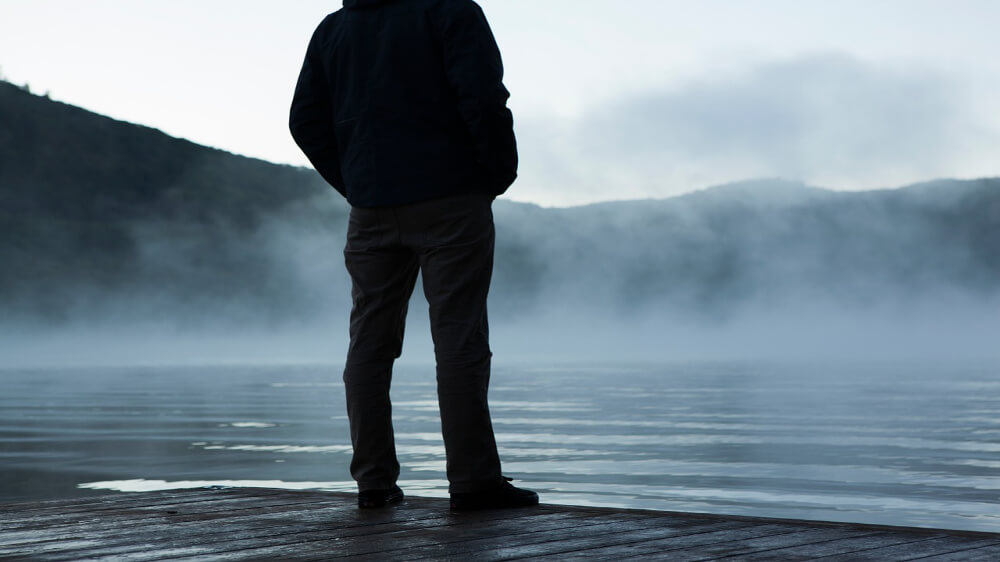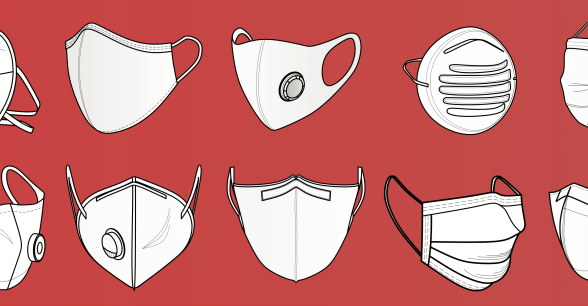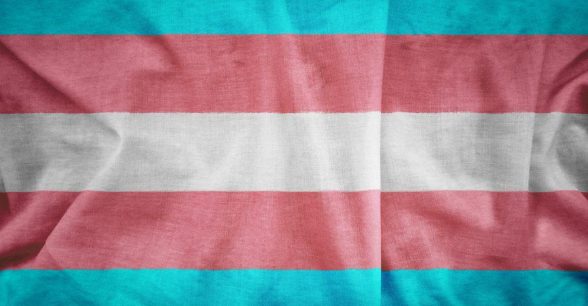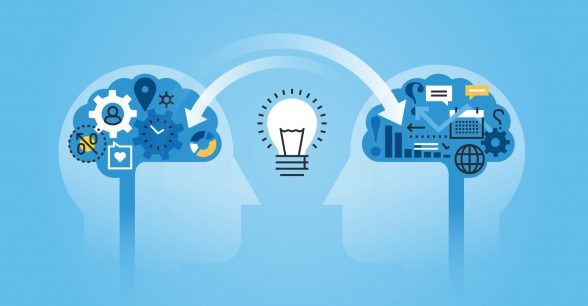Finding Space for Myself in a Social Justice Movement that Doesn’t Make Space for Me
Following the end of my writing fellowship with Rooted in Rights, I found myself thinking about why I advocate for the things I do. For as short a time as disability issues have been the primary focus of my writing and politics, I have learned countless things from my fellow disabled peers. I have found new ways to cultivate community care, discovered resources more disabled folk need support on, and become infinitely better at acknowledging new ways to just be disabled without apologizing. I would not have gained any of this without taking time to make room for others, with or without any necessary criticisms that came along with doing so. Whether this meant listening to newer voices on disability topics instead of leading conversations like I always have, or devoting resources to cultivate new leadership in previous organizations I worked with, making space for people has been a benefit to me as much as it has been to others.
Because of what I have learned from my peers, the fundamental focus across all my pieces has been to examine questions about who belongs and who is left out of conversations of justice, particularly as they pertain to disabled people. In centering my work on such matters, I have remained steadfast in my belief that spaces dedicated to cultivating the power of oppressed peoples must make room for more than those who have traditionally held leadership roles. While history offers many easily accessible examples of great men who have made an impact on the world, such examples are ironically not so easy to access when it comes to disabled folk. For people living at the intersections of racial, class, gender, and other oppressions as well as ableism, history is even less kind. For these reasons, it is imperative that spaces fighting for justice make space for those who are not always represented in the struggles for a better world.
But what good does it do to make space for people in movements? And what does making space for people actually mean?
Making space for others begins with a simple premise: that no matter what our experiences or knowledge, no one person is the absolute authority on any topic. No one person can ever claim full ownership of what it means to encounter racism, transphobia, anti-semitism, ableism or any other form of discrimination.
So, what are the implications of making space when it comes to behaving ethically in the world and towards each other? Because no one holds all the answers on human experience, I can’t in good faith speak over someone when they tell me about how the world has treated them. For example, just because I experience difficulties and joys related to my mental health issues does not mean I know the whole of disability experience, such as issues related to the physical accessibility of a building. If I spoke over someone talking about such things, not only would I be patronizing, but I would also be denying them their rightful input on a matter they have more knowledge on. Moreover, speaking over the experiences of others denies the world valuable perspectives that could shift how we all approach problems in our lives. Acknowledging their experiences means stepping back in conversation, leadership, and in prioritizing resources, and letting them take the initiative not only in talking about the problem but also directing its solutions.
This is at the core of why it matters so much for movements to never stop giving space to those who have been left out of previous organizing efforts: perspective. As much love and faith as I have in movement leaders around the world, I know that people can make mistakes when they become too myopic in how they approach problems. I have seen people constantly forget about the needs of disabled folk of color like me simply because no one wanted to seek us out for input. Or worse, they sought out a few token people but only listened to them as far as their ideas could be adopted to suit movement leader’s personal views. In doing so, they denied so many others the chance to hear from people who could have provided so much to an organizing space and expanded the scope of ways to approach social issues affecting all of our lives. All because the organizing heads didn’t want to spare a moment of humility for folks who they thought of as not worth listening to.
I understand making space for others can be difficult. Listening to others potentially tell you that you’ve been leaving out countless people because of how you approach organizing is a dreadful thing to hear. If you are like me, you also hate hearing you have hurt anyone, especially if most of the reason you became involved with organizing or social justice issues was to help people. But you never learn anything unless you start by accepting just how much you can grow through learning from others.
What is the good that comes with making space for others in movements? To put it simply, a recognition of the multiple ways people from all disabled and non-disabled walks of life have found ways to survive in the often violent world we live in. And, more importantly, how such folks provide glimpses of loving, just futures that acknowledge capacity for all of us, in our multiple ways of being, to thrive.
About Rooted In Rights
Rooted in Rights exists to amplify the perspectives of the disability community. Blog posts and storyteller videos that we publish and content we re-share on social media do not necessarily reflect the opinions or values of Rooted in Rights nor indicate an endorsement of a program or service by Rooted in Rights. We respect and aim to reflect the diversity of opinions and experiences of the disability community. Rooted in Rights seeks to highlight discussions, not direct them. Learn more about Rooted In Rights



